Sri Lanka war seen escalating
Sri Lanka's 25-year civil war with the Tamil Tiger will likely escalate into the bloodiest period of fighting the island has seen.
Thursday, 03.01.2008.
12:12

Sri Lanka's 25-year civil war with the Tamil Tiger will likely escalate into the bloodiest period of fighting the island has seen. Experts made the claims after the government scrapped a tattered truce. Sri Lanka war seen escalating Sri Lanka plunged back into war after four years of relative peace almost as soon as President Mahinda Rajapaksa took power in late 2005. But both he and the Tigers had held off scrapping a Norwegian-brokered truce to avoid appearing the villain. With the pact formally ended, hopes of resurrecting collapsed peace talks any time soon are dead and investment in the $26 billion economy could suffer. "This means all-out war," said Iqbal Athas, an analyst with Jane's Defense Weekly in Colombo. "The government has dropped the peace option and has opted for a fuller military onslaught on the rebels. "One thing is certain, there'll be more confrontations. There'll be more violence now," he added. "The government perceives it to be end-game ... It will be the most intense period of war Sri Lanka has seen." Wednesday's announcement came hours after suspected Tiger rebels bombed a military bus in central Colombo, killing four people and wounding 24. It was the latest in a litany of attacks that have killed hundreds in recent months. Violence continued on Thursday. The military said it destroyed six rebel bunkers in the northwestern district of Mannar, killing six Tigers, while the pro-rebel Web site, www.tamilnet.com, said the insurgents had thwarted a major army offensive and killed 10 soldiers in apparently the same incident. Separately, two soldiers were killed in a mine blast in the northern district of Polonnaruwa. More than 5,000 people have been killed since early 2006, taking the death toll since the war erupted in 1983 to around 70,000. The government said the cabinet decided to scrap the Norwegian-brokered 2002 ceasefire because the Tigers were using it as cover to regroup and rearm and had violated the terms of the pact thousands of times. However, it insisted the door remained open to talks in future if conditions allowed or if the Tigers laid down arms. The Liberation Tigers of Tamil Eelam (LTTE), who are fighting for an independent state in north and east Sri Lanka, had no immediate comment. The Tigers had already been outlawed as a terrorist group by a host of nations, including the United States, Britain and the European Union, after a series of attacks and assassinations. Put back a decade "What this does is really puts Sri Lanka back 10 years," said a senior diplomat in Colombo. "It's very negative in terms of the outlook. "In one fell swoop, Rajapaksa has moved Sri Lanka back to 1997," the diplomat added, referring to a period when the army launched a major offensive and the rebels mounted a series of deadly attacks that reached the capital. Norway has said a Nordic mission monitoring the ceasefire would now "most likely" be withdrawn, removing a final deterrent to human rights violations that have mushroomed and isolated both sides from the international community. "The peace process has long been gone, but it does not mean that Sri Lanka can sign away its responsibilities on human rights and helping its civilians through what's going to be a very bloody couple of years," the senior diplomat said. Buoyed by battlefield successes in the east, Rajapaksa has vowed to defeat the rebels militarily and annulling the ceasefire will appease hardliners on whom he depends to secure a parliamentary majority. But many observers say there is no clear winner on the horizon and fear the war could grind on for years. "Undoubtedly, they (the military) have made some gains. But that should not blind them to another reality," Athas cautioned. "We do see explosions taking place in the city of Colombo and places like that. "Every time something happens, we wake up to the fact that they (the Tigers) still have some strike capability."
Sri Lanka war seen escalating
Sri Lanka plunged back into war after four years of relative peace almost as soon as President Mahinda Rajapaksa took power in late 2005. But both he and the Tigers had held off scrapping a Norwegian-brokered truce to avoid appearing the villain.With the pact formally ended, hopes of resurrecting collapsed peace talks any time soon are dead and investment in the $26 billion economy could suffer.
"This means all-out war," said Iqbal Athas, an analyst with Jane's Defense Weekly in Colombo. "The government has dropped the peace option and has opted for a fuller military onslaught on the rebels.
"One thing is certain, there'll be more confrontations. There'll be more violence now," he added. "The government perceives it to be end-game ... It will be the most intense period of war Sri Lanka has seen."
Wednesday's announcement came hours after suspected Tiger rebels bombed a military bus in central Colombo, killing four people and wounding 24. It was the latest in a litany of attacks that have killed hundreds in recent months.
Violence continued on Thursday. The military said it destroyed six rebel bunkers in the northwestern district of Mannar, killing six Tigers, while the pro-rebel Web site, www.tamilnet.com, said the insurgents had thwarted a major army offensive and killed 10 soldiers in apparently the same incident.
Separately, two soldiers were killed in a mine blast in the northern district of Polonnaruwa.
More than 5,000 people have been killed since early 2006, taking the death toll since the war erupted in 1983 to around 70,000.
The government said the cabinet decided to scrap the Norwegian-brokered 2002 ceasefire because the Tigers were using it as cover to regroup and rearm and had violated the terms of the pact thousands of times.
However, it insisted the door remained open to talks in future if conditions allowed or if the Tigers laid down arms.
The Liberation Tigers of Tamil Eelam (LTTE), who are fighting for an independent state in north and east Sri Lanka, had no immediate comment.
The Tigers had already been outlawed as a terrorist group by a host of nations, including the United States, Britain and the European Union, after a series of attacks and assassinations.
Put back a decade
"What this does is really puts Sri Lanka back 10 years," said a senior diplomat in Colombo. "It's very negative in terms of the outlook."In one fell swoop, Rajapaksa has moved Sri Lanka back to 1997," the diplomat added, referring to a period when the army launched a major offensive and the rebels mounted a series of deadly attacks that reached the capital.
Norway has said a Nordic mission monitoring the ceasefire would now "most likely" be withdrawn, removing a final deterrent to human rights violations that have mushroomed and isolated both sides from the international community.
"The peace process has long been gone, but it does not mean that Sri Lanka can sign away its responsibilities on human rights and helping its civilians through what's going to be a very bloody couple of years," the senior diplomat said.
Buoyed by battlefield successes in the east, Rajapaksa has vowed to defeat the rebels militarily and annulling the ceasefire will appease hardliners on whom he depends to secure a parliamentary majority.
But many observers say there is no clear winner on the horizon and fear the war could grind on for years.
"Undoubtedly, they (the military) have made some gains. But that should not blind them to another reality," Athas cautioned. "We do see explosions taking place in the city of Colombo and places like that.
"Every time something happens, we wake up to the fact that they (the Tigers) still have some strike capability."










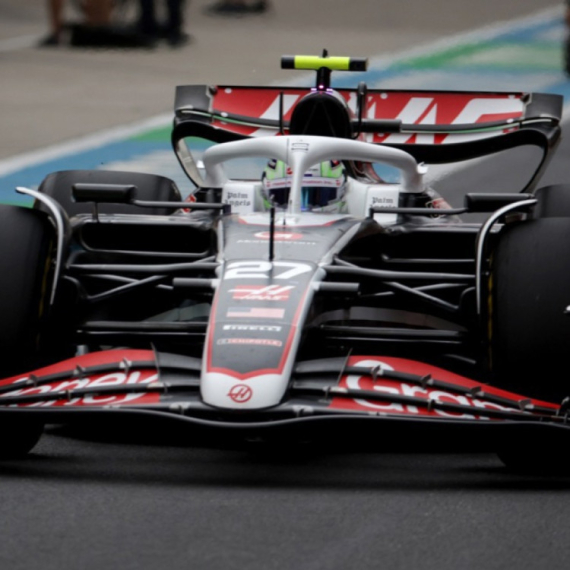
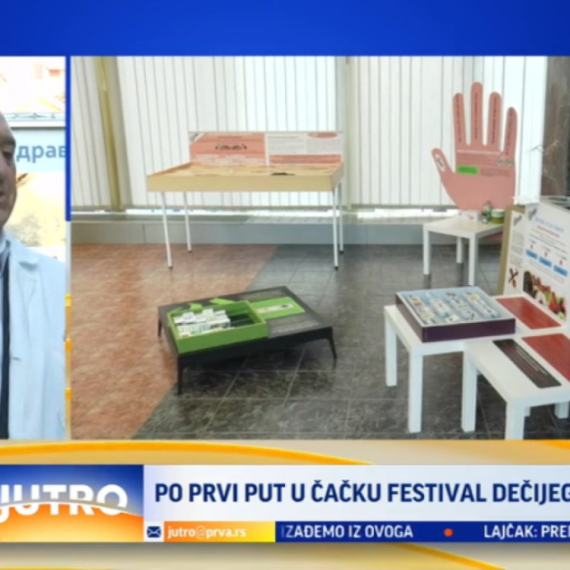
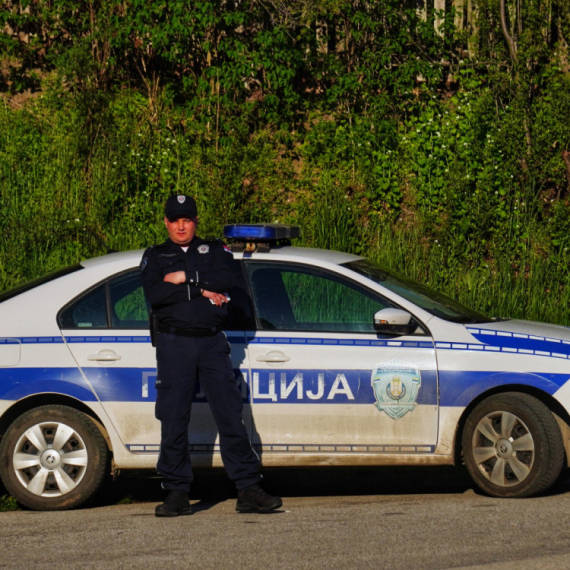



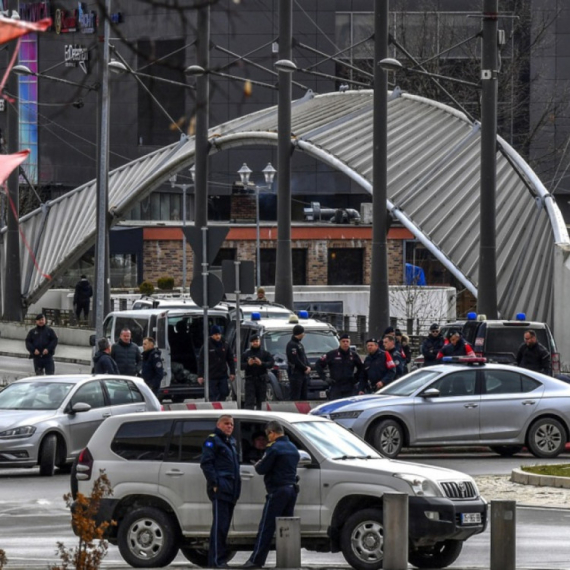
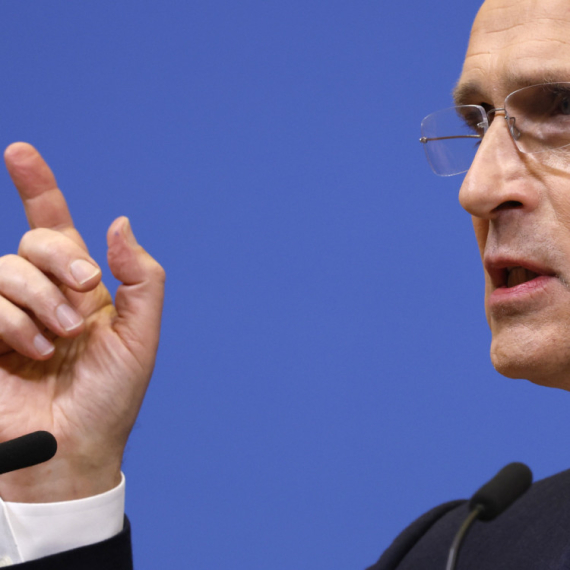

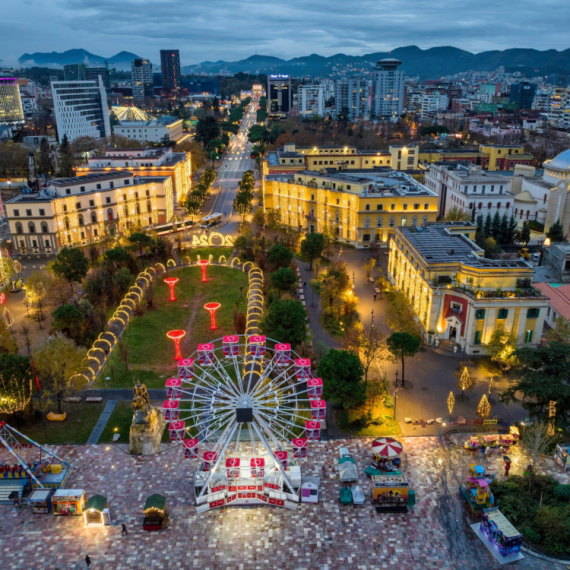


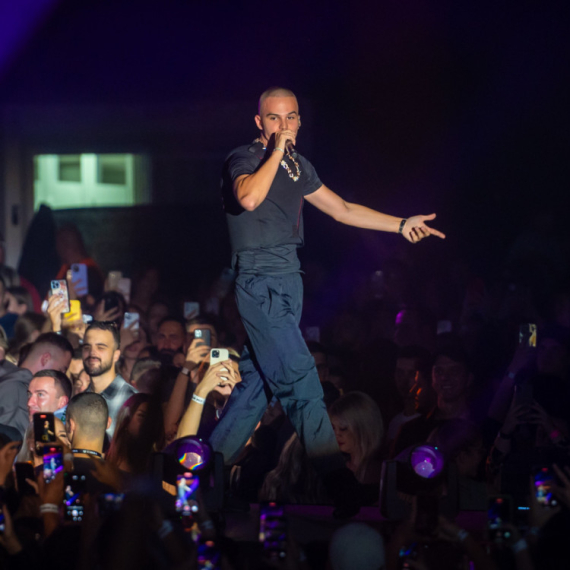



















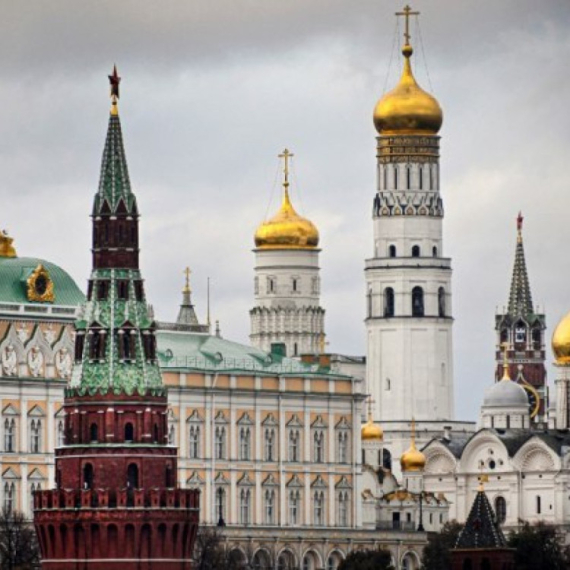





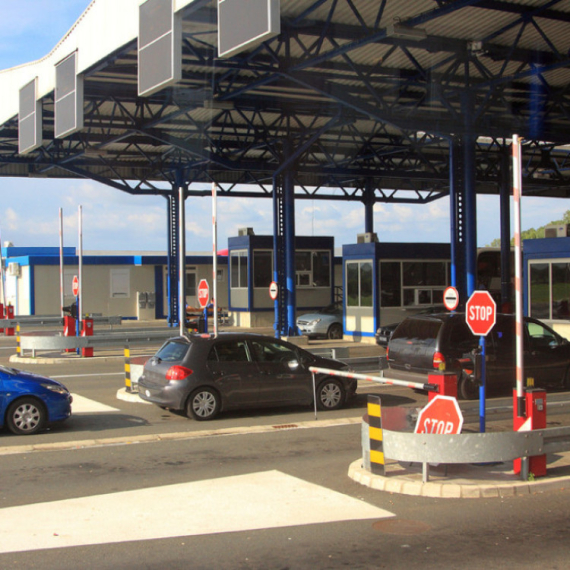





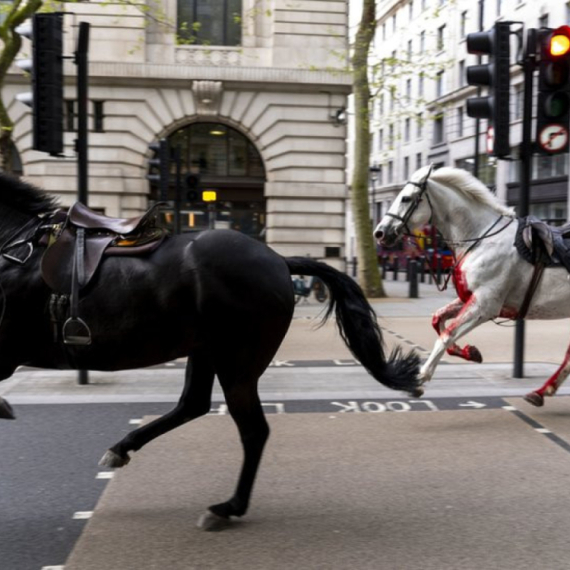
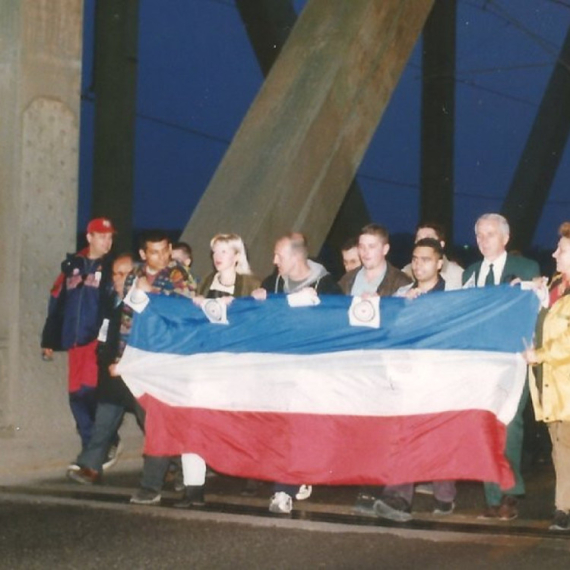
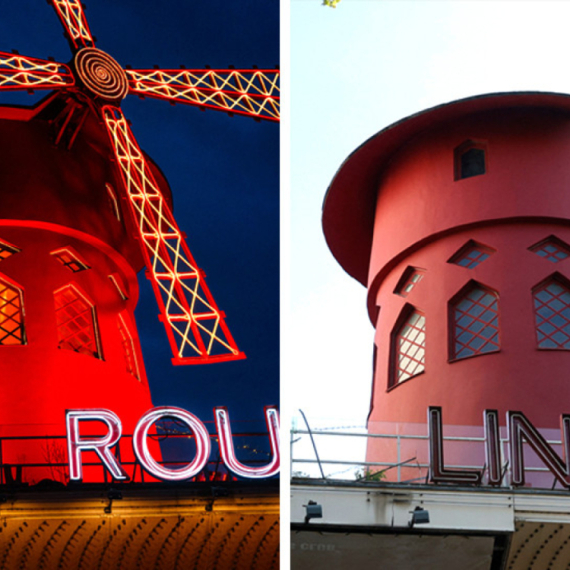

Komentari 0